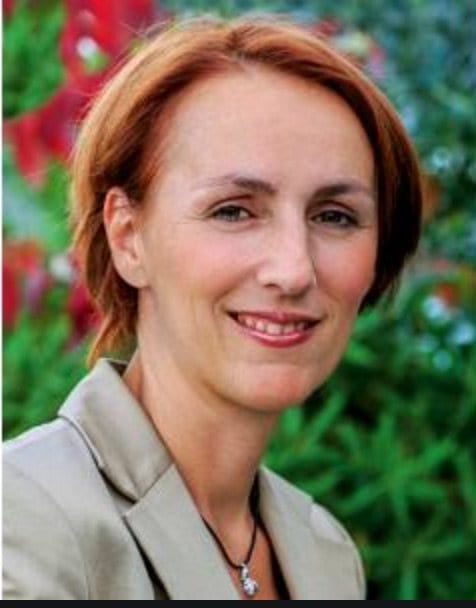Johann Rupert, chairman of Cartier owner Richemont, is ousting his group human resources director Sophie Guieysse after having received complaints about her methods and cost-cutting projects, two senior Richemont directors told Miss Tweed on condition of anonymity.
It is understood that Guieysse, who sits on Richemont’s senior executive committee, put herself on sick leave this week. Her access to Richemont offices in Geneva, where the group is headquartered, was blocked as of Thursday morning, the two directors said.
Richemont, owner of fashion brands Chloé and Azzedine Alaïa, jewelers Van Cleef & Arpels and Buccellati and watch brands Jaeger-LeCoultre, Vacheron Constantin and IWC, later on Friday published a statement: "Further to media reports, Richemont confirms that it has initiated a comprehensive review of its Human Resources function, which may have an impact on the composition of its Senior Executive Committee. No decision has been made so far. The Company has no further comments to make at this stage."
Together with Richemont Chief Executive Jerome Lambert, Guieysse has been trying to impose significant salary and bonus cuts across the group’s 37,000 employees while her own remuneration soared to more than 3 million Swiss francs for the year ending March 31, from 1.9 million the previous year, according to figures published in the annual report last week.
The mood among employees at Richemont is one of mutiny and despair, several senior Richemont managers said, after the group announced plans to slash salaries and bonuses almost at the same time as it revealed that its executive committee’s remuneration had jumped more than 30 percent in total, according to the annual report. Even those who outperformed will see their bonus cut by 40 percent, one of the sources said.
“How are we supposed to get our teams to accept such cuts when the bosses are not playing ball,” one senior Richemont executive told Miss Tweed on condition of anonymity. “Everyone here is shocked,” said one manager based in Europe, “even those who are on relatively comfortable salaries.” However, the remuneration of Richemont’s non-executive board remained stable in the year just passed against the previous year and two board members, Ruggero Magnoni, a long-time associate of Johann Rupert, and Anton Rupert, the chairman’s 33-year-old son, waived their entitlement in respect of their duties as non-executive directors.
Resentment against Guieysse has long been brewing among many senior directors and the rank-and-file at Richemont over an approach seen as overly aggressive, several Richemont staff said.
Richemont Chairman Johann Rupert was outraged this week when he found out Guieysse had forced the group to halve pension contributions to employees in North America, many of whom worked decades for the group, according to one of the senior Richemont directors. Unlike continental Europe, pensions are mainly funded by companies in North America, not by the state’s welfare system.
DOUBLE WHAMMY
Like every fashion and luxury company, Richemont is battling an unprecedented crisis, scrambling to find ways to cut costs. Sales will plummet this year due to the double whammy of shops’ closures for weeks because of the coronavirus and protests in the United States. Many luxury boutiques have been looted and vandalized amid widespread protests against the killing of black man George Floyd by Minneapolis police on May 25. These include Cartier in San Francisco, Montblanc in Arizona as well as Chanel, Hermès and McQueen stores in New York and Louis Vuitton in Atlanta. While concerns remain about the virus, tourists, who account for more than half of luxury sales in Europe, will stay away for months. While demand in mainland China is expected to remain strong, it will unlikely be sufficient to compensate for lost business in Europe and North America.
Last month, Richemont published a 67 percent drop in profit for the year to March 31. It brushed aside concerns about the pandemic, saying consumers would continue to desire Cartier and Van Cleef & Arpels’ best-sellers. The group also pointed to its net cash position of 2.4 billion euros and “strong balance sheet” that would see it “through these trying times.”
Since March, Richemont has already shaved 30 percent off its cost base in the United States, where it employs more than 2,000 people. The United States is the biggest market for the group’s cash cow Cartier. Since the beginning of the Covid-19 crisis, Guieysse and Lambert, nicknamed internally “Bonnie and Clyde” because they are seen as taking money away from staff, have pushed for Richemont to slim down and trim costs wherever they could, starting with remuneration.
Guieysse joined Richemont in 2017, coming from LVMH from where she was pushed out in 2005 and from TV channel Canal Plus, from where she was sacked in 2015 by chairman Vincent Bolloré during a company meeting.















